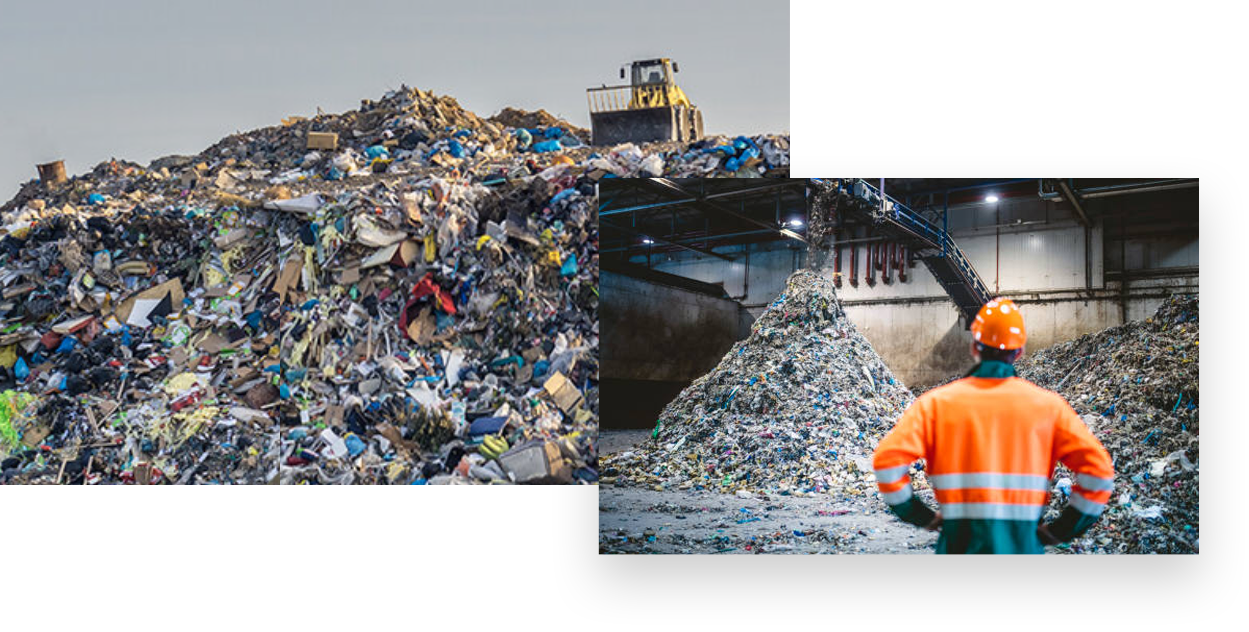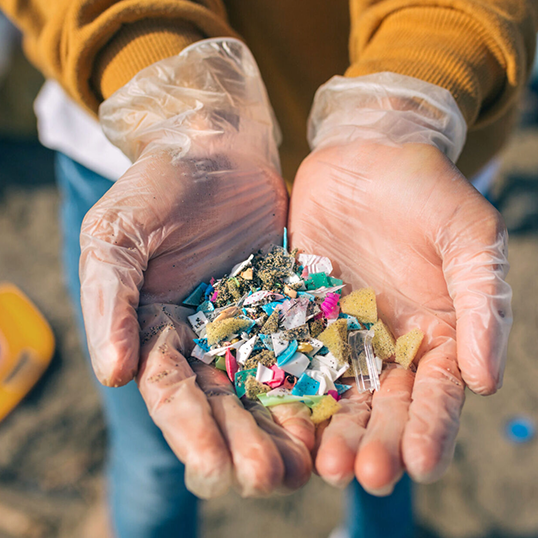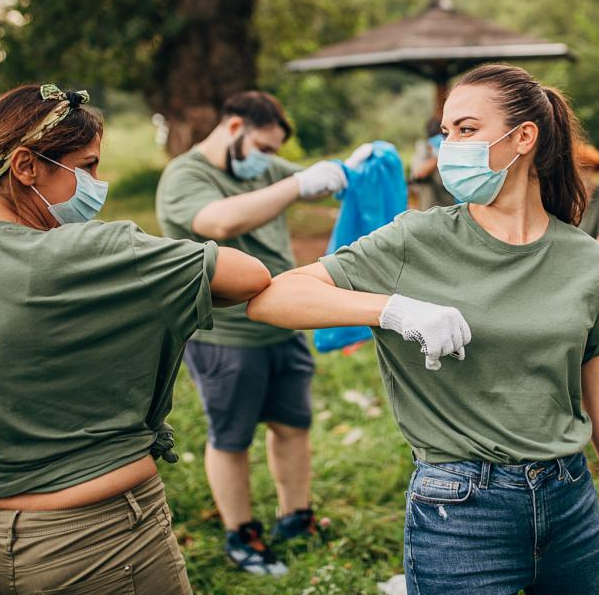Green Initiatives
Disinfecting Doesn’t Have to Wreck
Our Ecosystem
Responsible Land Use
There has been a growing trend of single-use disposable cleaning rags and mops. This movement is being supported by manufacturers who can boost revenues and profits by increasing consumption from a disposable lifestyle. Many of these disposables are made from synthetic plastics based polymers which take years and years to begin breaking down. Our landfills cannot keep pace with the metric tons of waste generated by US consumers annually. For years “biodegradable plastic or plant based plastic” has been marketed as a earth friendly alternative. However researchers have discovered that while biodegrable plastic breaks apart quicker, the plastic (synthethic material) does not magically disappear but rather is converted into microplastics. Recently the state of California has banned the marketing of “biodegradable plastic” as it is misleading consumers against the impact these products have on our ecosystem. These microplastics are transported by our waterways to our oceans and enters..

Responsible Ocean Use
Eight million metric tons of plastic waste enter the oceans every year. This equates to one garbage truck’s worth of plastic being dumped into our oceans every minute. The total weight is the equivalent of 90 aircraft carriers. On top of that, models project that by 2050, there will be more plastic by weight than fish in the oceans.
This is tragic for many reasons. Whales, fish, seabirds, turtles and many other animals are eating the plastic and dying in masses. There are many studies in process exploring the relationship between human health problems and consuming fish that contain microplastics (bottles and other single-use items that have broken down). Oceanic ecosystems around the world have been ravaged by plastic waste.
This, of course, was all pre-COVID-19.


The practical problems with gloves and masks finding their way into our rivers and oceans is that they can easily be mistaken for jellyfish, a favorite food of sea turtles. Because of their elastic components, masks also have increased risks of entanglement for a wide variety of fish, animals and birds. And that’s just PPE. When it comes to the rapid rise in single-use plastic resulting from COVID-19, the story gets even more complicated. While the use of plastics is inevitable due to its economics and durability; at Clincally Clean we believe in responsible use of plastics. This is why we design our products to have the longest lifespan possible while still capable of proper cleaning and disinfection. In addition we take end of life Clinically Clean Hybrifiber and recycle these products allowing the maximum lifespan per plastic molecule manufactured. In addition we are a proud supporter of the Marine Conservation Society and 4 Ocean working to eliminate plastics in our marine ecosystems.